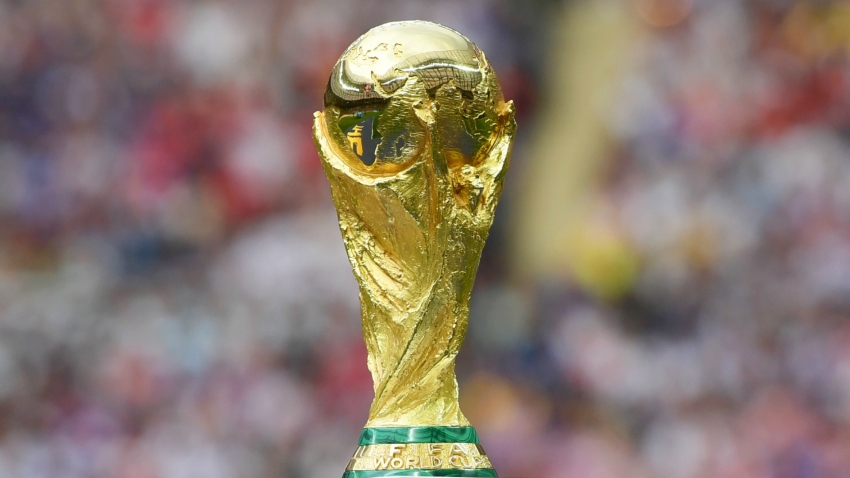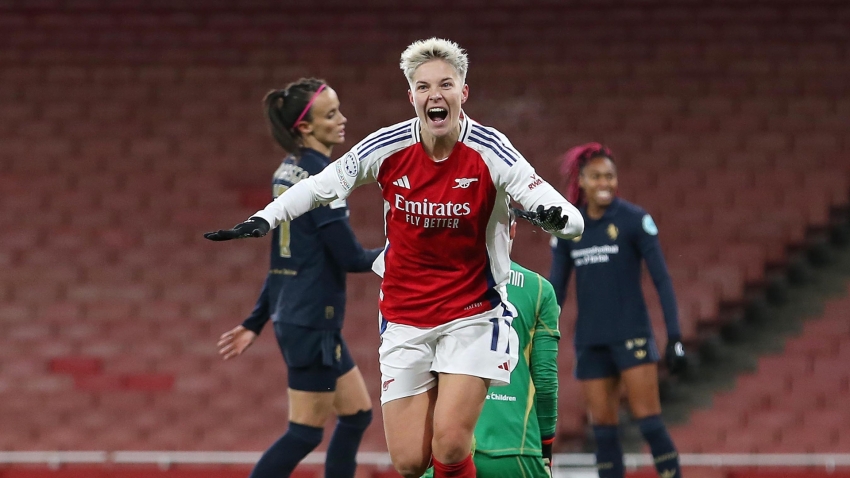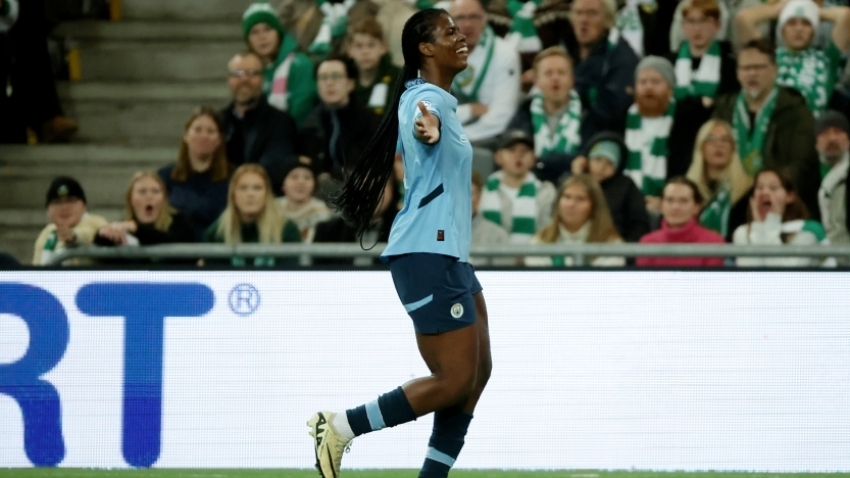UEFA has warned of "a deeply negative outlook" for international football in Europe if FIFA gets the green light to stage the World Cup every two years.
The message from Europe's governing body comes ahead of FIFA holding its global summit with national associations on Monday.
FIFA will lay out its plans to stage World Cups, both men's and women's, every two years in the future, in what could lead to the biggest shake-up in the game for many years.
FIFA president Gianni Infantino recently suggested football's elite who opposed a revamping of the game were "afraid" of what change would mean for them, given their positions of power.
A study commissioned by UEFA points to a steep slide in revenues stemming from its own international competitions. It forecasts European national associations could see a drop by between €2.5billion and €3billion in a four-year cycle, also warning of a major decline in UEFA income for the women's game if more men's tournaments are to be staged.
UEFA, which was already firmly opposed to FIFA's plan, said the findings of the study by consultancy firm Oliver and Ohlbaum were "alarming" and raise "severe concerns".
The study contended that broadcast revenue will fall for each event, with advertising rates "likely to hold up" but viewing set to "likely decline".
It said research showed that around 30 per cent of fans would watch less of the European Championship and domestic football, while 60 per cent think the World Cup's prestige would fall and 65 per cent think a change would lead to a bloated international football calendar.
The study warned of "lower broadcaster and sponsor willingness to pay for further tournaments, even if they deliver eyeballs", and said for the four years from 2026 to 2030, with World Cups happening every two years, the impact "would be strongly negative", even if UEFA's European Championship also shifted to become biennial.
It forecast UEFA revenues would be reduced from €4.6billion to €4.2billion if qualification took place in two blocks of games, and to €4.0billion if all qualifiers took place in a single block, with a knock-on effect on distributions to national associations.
Women's football has been on an upward growth curve in recent years, helped by the exposure its tournaments have had at times when there has been no corresponding men's event.
But the study predicted that viewership "would fall significantly" if men's events take place in the same year as women's showpieces, reducing their prospects of being in the media and public spotlight. It said income from the Women's European Championship would slide from €102m to €44m if that tournament continues to take place once every four years, or to €78m should it also become a biennial competition.
FIFA has found some support for its proposals, which have been pushed by former Arsenal manager Arsene Wenger, now head of global football at the governing body. Africa has given its backing, while there has also been positive interest from Asia and those from the CONCACAF region. Like UEFA, however, South America's powerful CONMEBOL confederation has come out firmly against FIFA's idea.
UEFA warned again on Friday of the prospect of "increasing mental and physical exhaustion of players", and of intruding on spaces in the calendar currently occupied by other sports.
"In this dark sporting context, the research conducted by Oliver and Ohlbaum projects a deeply negative outlook for European national team football, should the FIFA plan be implemented," UEFA said in a statement.































